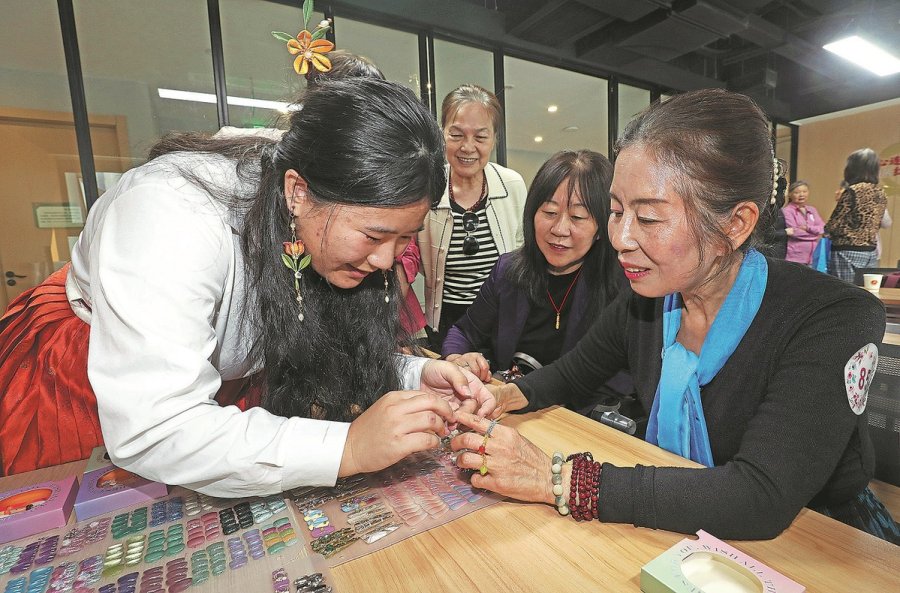- Samuel Alito appeared to reference Sen. Elizabeth Warren during the Supreme Court’s affirmative action situation.
- The justice questioned whether somebody who identifies as Indigenous based on “loved ones lore” could include things like that on a faculty application.
- The Supreme Court is listening to a scenario tough affirmative action in higher education admissions.
Supreme Court Justice Samuel Alito appears to reference Massachusetts Sen. Elizabeth Warren in a line of questioning about Indigenous American ancestry as the Supreme Court docket hears a important situation on affirmative motion.
Oral arguments started Monday in a situation to identify irrespective of whether colleges can continue on to consider race into thing to consider in the admissions system.
Alito requested North Carolina Solicitor Typical Ryan Park — who is defending affirmative action insurance policies at the University of North Carolina — what is avoiding pupils from proclaiming heritage they you should not have.
“It’s loved ones lore that we have an ancestor who was an American Indian,” Alito provided.
Park agreed that in that instance, it would not make perception for a scholar to say they are of American Indian heritage.
Alito replied: “I determine as an American Indian due to the fact I’ve generally been instructed that some ancestor again in the old days was an American Indian.”
Park conceded, agreeing that it is unlikely that the student was telling the fact.
Alito appeared to be referring to Warren, who determined herself as an American Indian on a Texas registration card for the Point out Bar of Texas and in files when working at Harvard, according to the Washington Post.
Warren designed a community apology in 2019 during her operate for president just after she took a DNA test to establish Indigenous ancestry.
Alito problems affirmative motion
All through oral arguments in the affirmative action situation at the Supreme Court on Monday, Alito pressed Park on the justification for “lumping collectively” students from comparable racial backgrounds alongside one another by getting them examine a box.
“What is the justification for lumping with each other college students whose families arrived from Afghanistan with an individual with learners whose people came from China?” Alito questioned.
Park responded that he agreed that it would be a “peculiar rule,” but observed that this is not the rule the Supreme Court has recognized and upheld.
“Why do you have them look at a box? What do you learn from a mere checking of a box?” Alito shot back again.
Park observed that this presents info about in which the student came from and offers context to their life.
“In the context of almost everything else we know about an applicant, it can make any difference, not constantly, and you will find no computerized in addition element that is presented, but it can matter what an applicant’s racial qualifications is,” Park spelled out.
Alito then requested at what place a college student falls into the class of an underrepresented community, pushing Park to give a definitive remedy as to how numerous kin a pupil should have with that track record to get the as well as variable in the admissions system.





